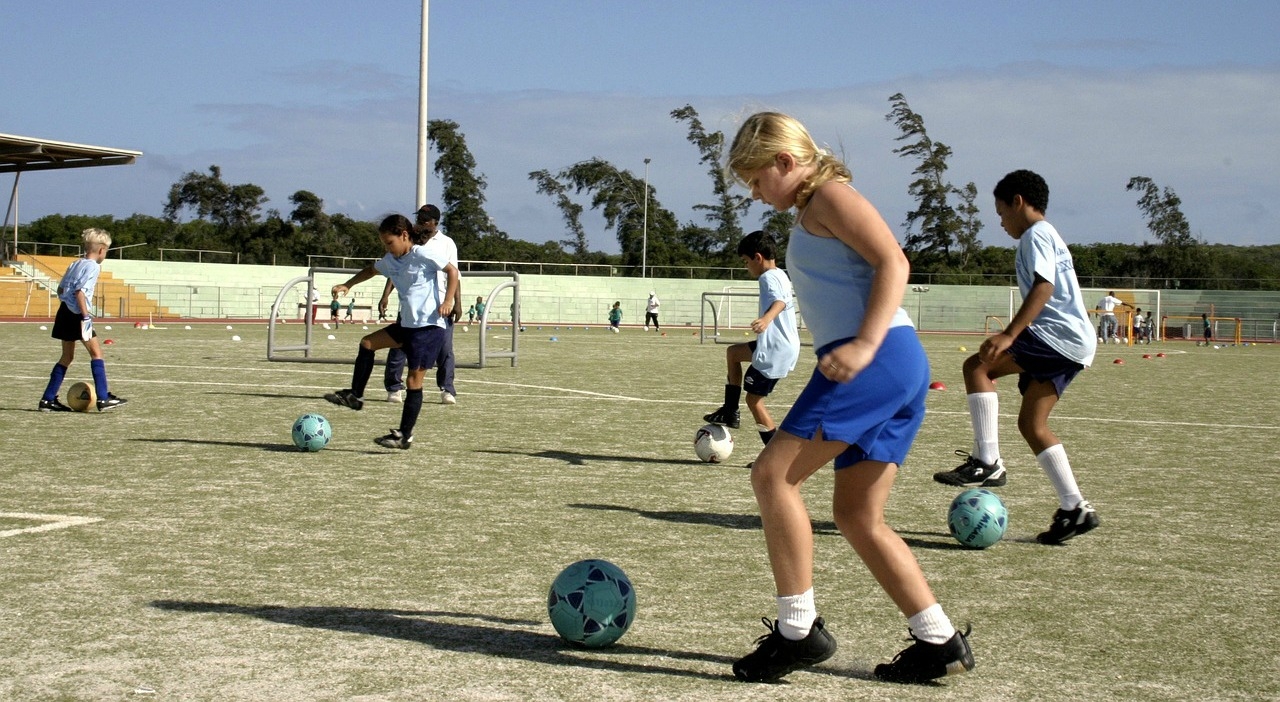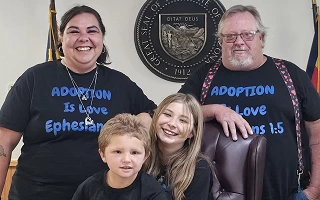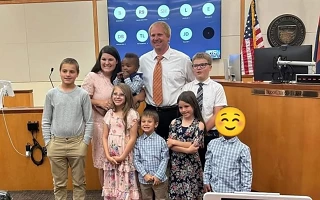If you've considered becoming a foster parent, right now is a great time. These new updates make foster parenting easier for families to care for their foster children.
If you've considered becoming a foster parent, right now is a great time. These new policy updates make foster parenting easier for families to care for their foster children.
Before the recent Reasonable and Prudent Parenting Standards, parents had to consult with their case manager about a foster child's haircut, babysitter, activities and other situations. Now foster parents can make these decisions without getting approval from the Department of Child Safety.
Playing Sports and Activities
Kids in foster care and their foster parents can now decide if the child can be involved in extracurricular activities like sports, field trips or sleep overs. Case managers are no longer required to give permission or sign permission slips. Children in care must be able to keep all court appointed orders.
So for example, if Billy wants to play soccer, his foster mom can sign him up. After the season is over, if his team celebrates with a sleep over, his foster mom can decide as long as he doesn't miss scheduled visits with his biological mom.
Leaving Kids with a Babysitter
In the past, foster parents needed all caregivers to be approved by the Department of Child Safety. Now, foster parents can use reasonable judgement and allow a responsible adult to babysit for up to 24 hours without prior case manager approval.
Now if foster parents Sheryl and Rodger can plan a night away for their anniversary. All they have to do is arrange for Sheryl’s sister to babysit their 6-month-old placement from 3 p.m. on Friday until 1 p.m. on Saturday.
After School
Kids in care who are 12 years old or older are allowed to be home alone for brief periods of time (after they have been in the home for 14 days). They must have access to emergency numbers and procedures. After school, they must be able to get into the house using a house key or other method.
If 13-year-old, Stacey, rides the bus home from school every day at 3 p.m., now she can stay home until her foster parents get home at 5 p.m. She can use her key to open the door and call her foster parents to let them know she is home. All of the emergency phone numbers she needs are posted in the kitchen.
Haircuts
Foster parents were once required to get permission before their foster placements could get haircuts. For children covered by the Indian Child Welfare Act (ICWA), approval for haircuts is still required. If foster parents want to significantly alter the child’s appearance, they first need approval from the biological parent if the child is under 12 years old. If the child is 12 years old or older, the child can determine what kind of hair cut to get, as long as it doesn’t go against school or employment rules.
Now Amber, who is 16 and has been growing her hair out since she was in elementary school, can get a short bob cut as she just made the swim team. Since Amber is over the age of 12 and not covered under ICWA, she can choose to cut her hair without approval from the Department of Child Safety.
These changes have made foster parenting a little bit easier. If you’ve been interested in becoming a foster parent, perhaps now is the time to attend a free orientation and learn more. For information contact Sally Gramke at 602-943-3843 or email








